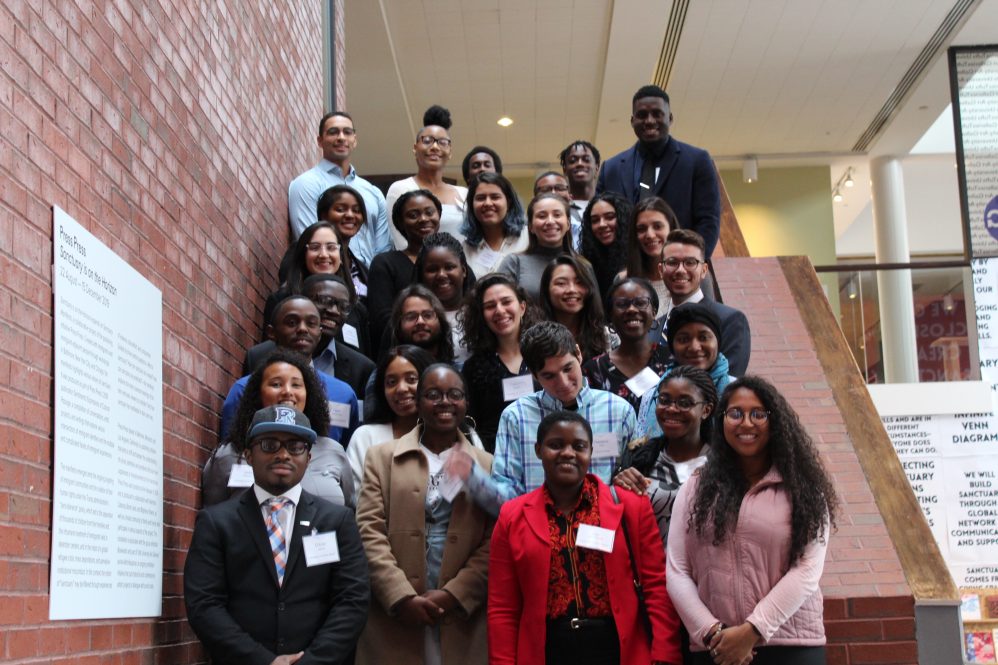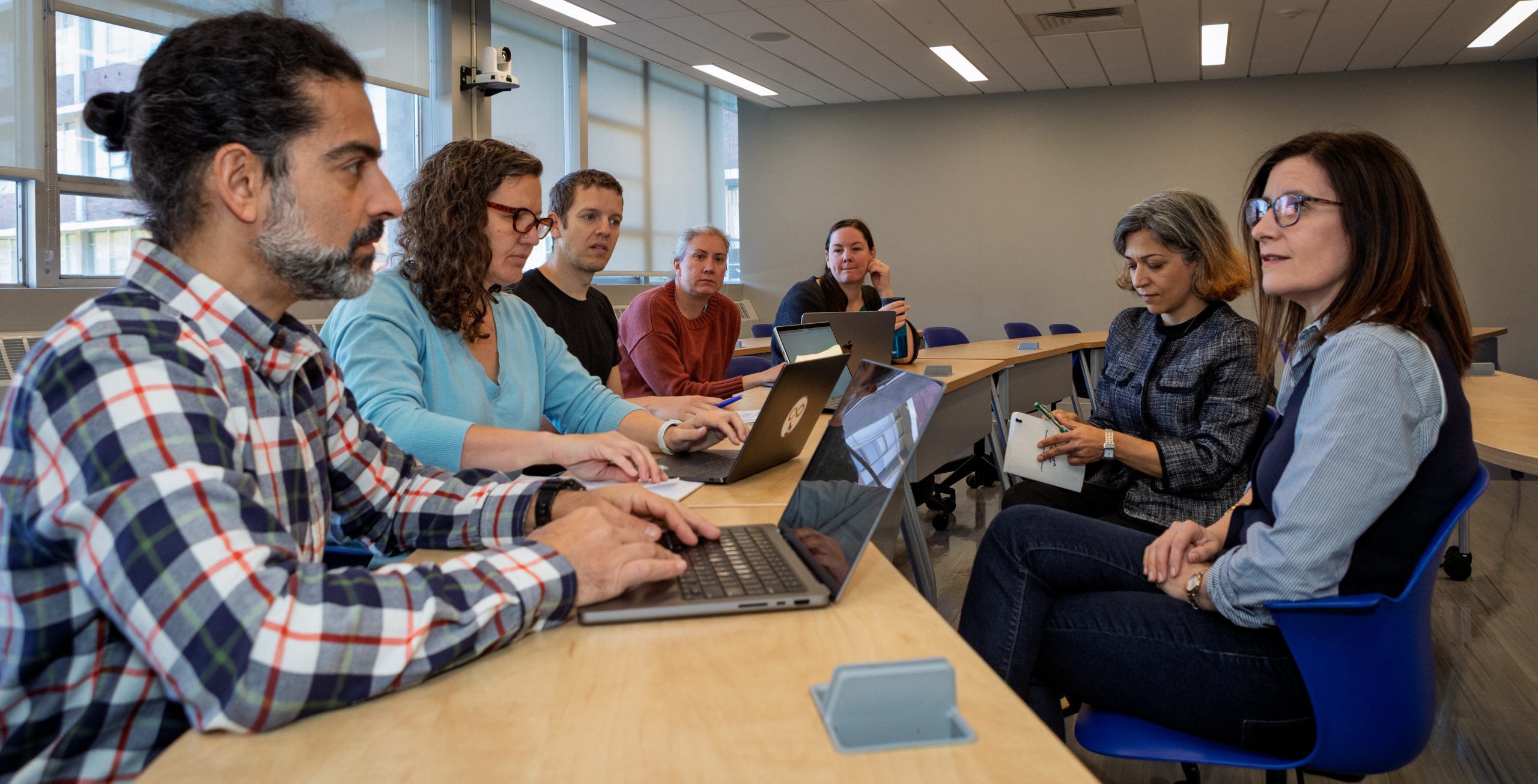The National Science Foundation (NSF) recently renewed a five-year grant to help ensure the future of an alliance that is based at UConn and dedicated to expanding diversity in STEM fields.
Founded in 2001, the Northeast Louis Stokes Alliance for Minority Participation (NELSAMP) is made up of six New England schools working to increase the number of students from diverse backgrounds in STEM. UConn has served in the lead role for the alliance since 2016, which also includes Northeastern, Tufts, UMass Amherst, Rhode Island, and Worcester Polytechnic Institute.
NELSAMP has consistently raised recruitment, retention, and graduation rates for students from diverse racial and ethnic groups who are pursuing undergraduate degrees in engineering and the sciences.
The program is named in honor of former Ohio congressman and civil rights pioneer Louis Stokes.
“The purpose of the program is to increase underrepresented minoritized student representation in STEM, not just graduating with a degree, but preparing them for STEM careers and graduate school,” says Associate Vice Provost Tadarrayl Starke of the Institute of Student Success. “We connect students with resources, opportunities, and people who can help them develop their interest and passion in STEM. NELSAMP has focused on having students stay the course and provide them the access to people who will encourage them and give them visible examples of success in STEM fields.”
UConn now has 205 NELSAMP scholars enrolled in the program, up from 135 in 2016, and since 2003, there has been an increase of 339% of students earning undergraduate STEM degrees at NELSAMP institutions.
LSAMP at UConn has a culture of undergraduate research as scholars obtain on-campus research experience during the academic year and the summers, as well as at other universities through active participation in the NSF-REU (Research Experiences for Undergraduates) programs, research internships with the National Laboratories, and in industry. LSAMP provides coaching, guidance, and funding in support of connecting as many of its scholars as possible with quality research experiences.
“We provide a lot of direct, small-setting programs in professional development,” says Michael Petro, who coordinates the program at UConn. “A calling card of our scholars is that their resumes are ready to go. If they are interested in an opportunity, be it a scholarship, a research opportunity, an internship, a full-time job, graduate school applications, their resumes are curated through some real intentional opportunities. We want to make sure they are ready when opportunities come their way.”
The program at UConn starts working with students in their freshman year, but also provides opportunities for students who transfer to Storrs from other UConn campuses, community colleges and those that developed an interest in STEM later in their college career.
A student leadership group made of up of experienced students provides social opportunities to new members in the program.
“That group exists because they asked for it,” says Petro. “It wasn’t part of the original design. A number of eager students told me that this is a great community of scholars and we should be having some fun too! So we hired a student worker to be a student engagement coordinator and we organize social events, tutoring sessions and really build the community piece of it.”



